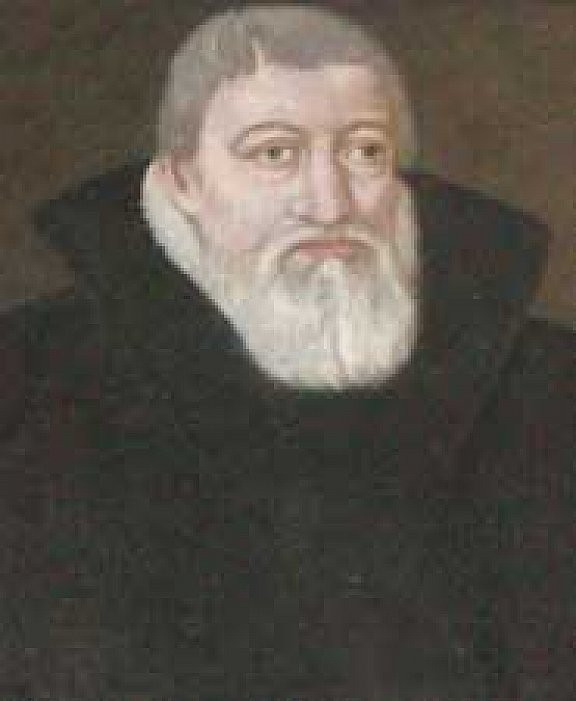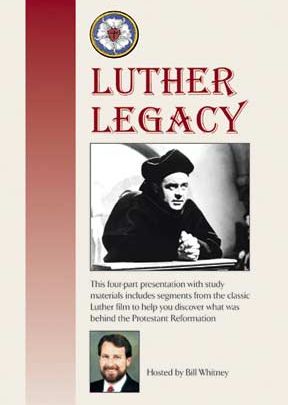Niels Hemmingsen Became the Leading Danish Reformation Theologian

The Dane Niels Hemmingsen was renowned throughout Europe as a theologian.
NIELS HEMMINGSEN grew up with the Reformation. He was born on this day, June 4, 1513, just four years before Luther tacked his Ninety-Five Theses to the church door in Wittenberg. Although his family were farmers on the Danish island of Lolland, Hemmingsen did not work the soil, but instead became an impressive scholar and theologian, studying with biblical humanists at Roskilde and Lund. When he completed his training there, he moved on to Wittenberg, which had become the center of the Reformation.
Luther and Melanchthon reigned supreme among the scholars in Wittenberg. Hemmingsen developed great respect for Melanchthon and the two corresponded until Melanchthon’s death.
Denmark adopted Lutheranism as its state church in 1536, and Niels Hemmingsen became the best known of the Danish theologians. His writings (in the universal language of the day, Latin) on systematic theology, homiletics (the composition and delivery of sermons), and pastoral theology were used as textbooks throughout Europe. From his promotion of education, he earned the nickname “Teacher of Denmark.” He also studied legal theory to see if reason could ground laws on natural principles without having to resort to Biblical commands .
Hemmingsen was deeply concerned with pastoral theology, teaching that the pastor’s foremost duty is to feed God’s flock from God’s word. He wrote many useful works for pastors, including a preacher’s manual, translated into English in 1574. He observed that there are four kinds of audiences for a sermon: “To these four kinds of hearers all the sermons of Christ are directed, for sometimes he teaches the ignorant who are desirous to learn, and sometimes he comforts and stirs up the faint hearted; now he exhorts the slower sort, and now with threatenings he terrifies such as are profane and ungodly.”
But despite his fame, King Frederick II suspended him from the University of Copenhagen in 1579 for the sake of concord. Hemmingsen’s position on the Lord’s Supper was attacked as “crypto-Calvinist,” or secretly Calvinist, by theologians known as Gensio-Lutherans. When his authority was cited in arguments against them, it was too much for the Elector of Saxony, brother of the king, who urged his ouster.
The king ordered Hemmingsen to return to Roskilde where he had an income. There the theologian continued to advise the government when asked to do so, although he gradually became blind. He died in 1600, respected and admired, having lived to the ripe age of eighty-seven.
—Dan Graves
----- ------ ------
Niels Hemmingsen was part of the Luther Legacy.






